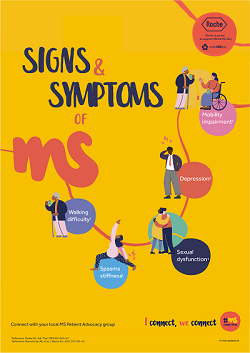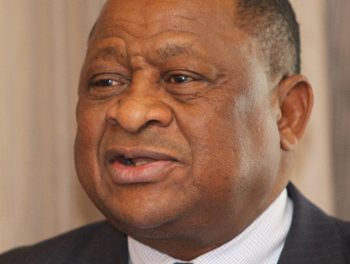
World Multiple Sclerosis Day commemorated

World Multiple Sclerosis (MS) Day was officially marked on 30 May to bring the MS community together through story sharing, raising awareness and reducing the stigma for everyone affected by the disease.
Founder and Projects Manager at Multiple Sclerosis Namibia, Bianca Ozcan said locally they are looking to shine a spotlight on awareness and on ‘What MS is’ by highlighting the symptoms of MS and encouraging people around Namibia to speak out about theirs.
“With the global them of #MSConnections, we can reach a bigger achievement as one voice with the support of other African MS Organizations by helping us build a connected MS community that advocates about the challenges and alerts decision-makers about the disease and availability of treatments,” added Ozcan.
Head of Public Policy and Market Access at Roche, a multinational health company. Dr Kgothatso Motumi said MS is the most common non-traumatic cause of neurological disability in young adults, it is a disease that is often misunderstood by both patients and providers, largely because the symptoms often mimic other conditions.
“MS symptoms can slowly appear or creep up on you suddenly and they can be scary and disorienting, that is why we need the increased awareness and education of the disease,” she added.
She further said that they are proudly committed to creating awareness of MS through collaboration with various patient organizations across the region. “We believe it is important to speak with a consistent, unified voice in raising awareness on the signs and symptoms of MS and to reduce the stigma associated with MS. We are proud to walk the steps with all those living with MS,” said Motumi.
MS is a chronic, immune-mediated disease of the central nervous system that leads to neurological symptoms and disability, affecting 1 out of every 3 000 people in the world. Roche s working across Africa to build up MS care from the ground up, starting with identifying data gaps, launching clinical trials to understand how MS affects a typical African patient, and developing data registries to analyze these insights.












































